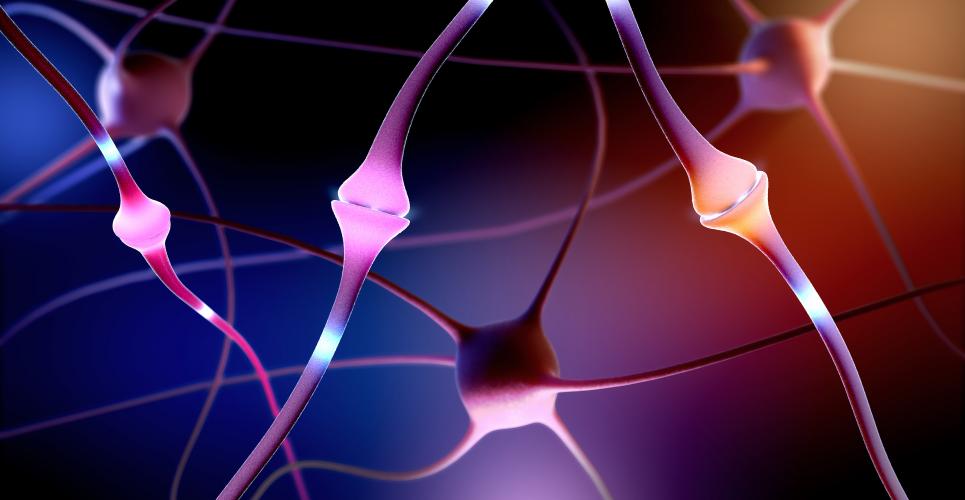Bial and Eisai have announced clinical practice data from the Euro-Esli study demonstrating clinical effectiveness of eslicarbazepine acetate, and that it is generally well tolerated as an adjunctive therapy in focal epilepsy patients with psychiatric comorbidities, including intellectual disability, compared with people with no psychiatric comorbidities.1
The data, which add to the body of evidence on eslicarbazepine acetate as adjunctive therapy from Phase III studies,2-5 were published in Journal of the Neurological Sciences.1
Psychiatric comorbidities, including intellectual disability and depression, are common for adults who have epilepsy.6,7 Prevalence of psychiatric comorbidities may be twofold higher in adult patients with epilepsy compared to the general public, and up to a quarter of people diagnosed with epilepsy are estimated to have an intellectual disability.6,7 Psychiatric comorbidities can exacerbate the effects and increase the impact of epilepsy.8 Furthermore, antiepileptic treatments can interfere with treatments for the psychiatric comorbidities, and thus adversely affect these psychiatric conditions.9,10 There are many considerations for treating this patient population, thereby complicating treatment choice.10
“The comorbidities of epilepsy represent a substantial burden for people with epilepsy. This data provides a significant insight into how eslicarbazepine acetate performs in a routine medical setting for these patients and the results are very encouraging, demonstrating eslicarbazepine acetate’s efficacy and tolerability as an adjunctive therapy in this sub-set of patients,” comments Dr Colin Doherty, Consultant Neurologist, St James’s Hospital, Dublin, Ireland, and lead author of the Euro-Esli study.
These newly published data includes patient populations that are sometimes excluded from clinical trials, including those with psychiatric comorbidities, specific comorbidities of intellectual disability, or depression.1,11 Adverse events reported during this sub-cut of the Euro-Esli study are consistent with eslicarbazepine acetate’s safety profile established in Phase III studies.1-5 Adverse events with eslicarbazepine acetate treatment were reported by 43.1% of people with psychiatric comorbidities (n=122/283) and 45.8% of people with intellectual disability (n=49/107). The most common adverse events were dizziness (11.4%; n=31/272), somnolence (8.8%; n=24/272) and fatigue (8.1%; n=22/272) for people with psychiatric comorbidities; and somnolence (10.1%; n=10/99), dizziness (7.1%; n=7/99) and fatigue (6.1%; n=6/99) for people with intellectual disability.1
References
- Doherty C, et al. (2019) Eslicarbazepine acetate in epilepsy patients with psychiatric comorbidities and intellectual disability: Clinical practice findings from the Euro-Esli study. Journal of the Neurological Sciences. DOI: https://doi.org/10.1016/j.jns.2019.04.040.
- Elger C, et al. (2009) Efficacy and safety of eslicarbazepine acetate as adjunctive treatment in adults with refractory partial onset seizures: A randomised, double-blind, placebo-controlled, parallel-group phase III study. Epilepsia. 50:454-63.
- Ben-Menachem E et al. Eslicarbazepine acetate as adjunctive therapy in adult patients with partial epilepsy. Epilepsy Research 2010; 89(2-3):278-85.
- Gil-Nagel A et al. Efficacy and safety of 800 and 1200 mg eslicarbazepine acetate as adjunctive treatment in adults with refractory partial-onset seizures. Acta Neurologica Scandinavica 2009; 120:281-87.
- Sperling M, et al. Eslicarbazepine acetate as adjunctive therapy in patients with uncontrolled partial-onset seizures: Results of a phase III, double-blind, randomized, placebo-controlled trial. Epilepsia 2015;56(2):244-53.
- Gaitatzis A et al. The epidemiology of the comorbidity of epilepsy in the general population. Epilepsia 2004; 45(12):1613-22.
- Lhatoo S et al. The epidemiology of epilepsy and learning disability. Epilepsia 2001;42 Suppl 1:6-9.
- Gilliam F et al. Psychiatric comorbidity, health, and function in epilepsy. Epilepsy Behav 2003; 4 Suppl 4:S26-30.
- Kanner A. Management of psychiatric and neurological comorbidities in epilepsy. Nat Rev Neurol 2016; 12(2):106-16
- Mula M. Treatment issues for psychiatric comorbidities of epilepsy. Clin Pract 2013; 10(3):293-299.
- Tlusta E et al. Clinical relevance of patients with epilepsy included in clinical trials. Epilepsia 2008; 49, 1479-80.

